- Tsaone Segaetsho
Botswana Oil Limited (BOL) Chief Executive Officer, Meshack Tshekedi, has stated that the Ministry of Energy, along with the Botswana Energy Regulatory Authority, is currently in negotiations to address the shortage of unleaded petrol (ULP 93) in Botswana.
Tshekedi made this comment at the recent launch of the 90% Import Mandate on Thursday. In July this year, Botswana Oil released a statement acknowledging that ULP 93 was in limited supply.
Botswana Oil attributed the shortage to supply disruptions from NATREF Refinery, the South African-based producer of ULP 93, which affected the Botswana market.
Botswana motorists predominantly use ULP 93, which is the more affordable option. In July, Botswana Oil explained that the shortage was compounded by planned annual maintenance at the refinery, and the fact that Namibia and Mozambique, the two main sources from which Botswana imports petroleum products, supply ULP 95 rather than ULP 93.
The situation has yet to stabilise, which led to Tshekedi’s remarks at the launch of the 90% Import Mandate. Tshekedi mentioned that Botswana Oil is exploring the option of importing unleaded petrol to alleviate the shortage.
During the launch, Tshekedi also highlighted the importance of securing oil supplies for the country.
He referred to the launch of the 90% Import Mandate as a pivotal moment for Botswana’s energy sector.
The Import Mandate allows Botswana Oil to import 90% of petroleum products, with the remaining 10% reserved for citizen-owned companies.
According to Tshekedi, this initiative is designed to ensure Botswana Oil can guarantee local fuel supply and foster the development of the petroleum value chain through citizen empowerment.
It was also revealed at the event that four citizen-owned companies have already been facilitated to supply fuel to the Jwaneng and Orapa mines through the Debswana Citizen Economic Empowerment Programme, in collaboration with Botswana Oil.
Furthermore, Tshekedi announced Botswana Oil’s first-ever dividend payment of P10 million to the government.
He also reflected on Botswana Oil’s eleven years of securing fuel supply for the country.
Tshekedi explained that the shift from the “willing buyer, willing seller” model, due to persistent supply challenges, prompted Botswana Oil to adopt a new strategy. Following extensive government studies, this led to the introduction of the Import Licence business model, culminating in the 90% Import Mandate, which aims to enhance supply security.
Tshekedi added that, in order to strengthen oil supply security, the government is heavily supporting infrastructure projects, such as the strategically located Francistown and Ghanzi depots, which are expected to bolster the fuel supply chain by 2025.










